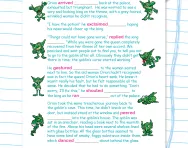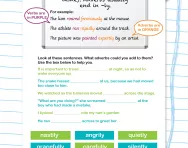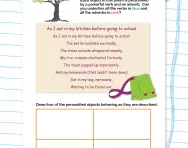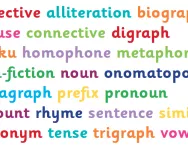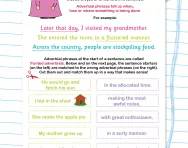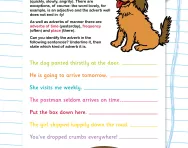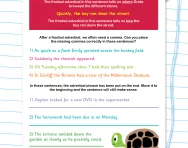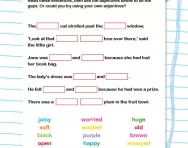Important update from TheSchoolRun
For the past 13 years, TheSchoolRun has been run by a small team of mums working from home, dedicated to providing quality educational resources to primary school parents. Unfortunately, rising supplier costs and falling revenue have made it impossible for us to continue operating, and we’ve had to make the difficult decision to close. The good news: We’ve arranged for another educational provider to take over many of our resources. These will be hosted on a new portal, where the content will be updated and expanded to support your child’s learning.
What this means for subscribers:
- Your subscription is still active, and for now, you can keep using the website as normal — just log in with your usual details to access all our articles and resources*.
- In a few months, all resources will move to the new portal. You’ll continue to have access there until your subscription ends. We’ll send you full details nearer the time.
- As a thank you for your support, we’ll also be sending you 16 primary school eBooks (worth £108.84) to download and keep.
A few changes to be aware of:
- The Learning Journey weekly email has ended, but your child’s plan will still be updated on your dashboard each Monday. Just log in to see the recommended worksheets.
- The 11+ weekly emails have now ended. We sent you all the remaining emails in the series at the end of March — please check your inbox (and spam folder) if you haven’t seen them. You can also follow the full programme here: 11+ Learning Journey.
If you have any questions, please contact us at [email protected]. Thank you for being part of our journey it’s been a privilege to support your family’s learning.
*If you need to reset your password, it will still work as usual. Please check your spam folder if the reset email doesn’t appear in your inbox.
What are adverbs?
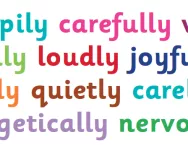
What are adverbs?
Adverbs are one of the eight parts of speech. They explain a bit more about the activity being described.
So, in the sentence, ‘I walked to school’, you could insert an adverb to say ‘I walked carefully to school’ or ‘I walked happily to school’. The adverb is modifying the verb to describe the action.
If you add to that sentence to say ‘I walked very happily to school’, you’ll be modifying the adverb ‘happily’ with another adverb, ‘very’.
Also, in the sentence, ‘I’m sleepy,’ you can include an adverb to describe how sleepy – ‘I’m extremely sleepy’ or ‘I’m moderately sleepy’. The adverb is modifying the adjective here.
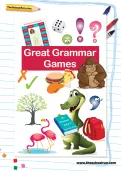
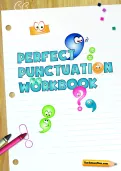
Download Fantastic FREE Grammar Resources!
- Perfect Punctuation Workbook
- Grammar Games Pack
- PLUS 100s of other grammar resources
When will my child learn about adverbs in school?
Adverbs are part of the Key Stage 2 curriculum, but you can easily (note the adverb!) prepare your child by highlighting adverbs when they’re working on creative writing exercises.
My child is having trouble understanding adverbs – what’s the best way to explain them?
There are lots of words that can be turned into adverbs by adding (i)ly at the end. For example: proud becomes proudly, slow becomes slowly, pretty becomes prettily. Ask your child to think up more words that fall into this category, make a list and create sentences with them. It is important that your child learns throughout KS2 that not all adverbs end in ‘ly’ though. For example, fast, late, first, always, sometimes etc.
Because adverbs describe more about what’s happening, they’re a way to embellish everyday phrases and conversation to say a little more about how we feel. Ask your child to explain things they do during the day, but to include adverbs that give their descriptions a more personal touch.
Help your child get to grips with using adverbs by giving them one of our worksheets about adverbs to try. Then, for fun, play our adverbs game!
